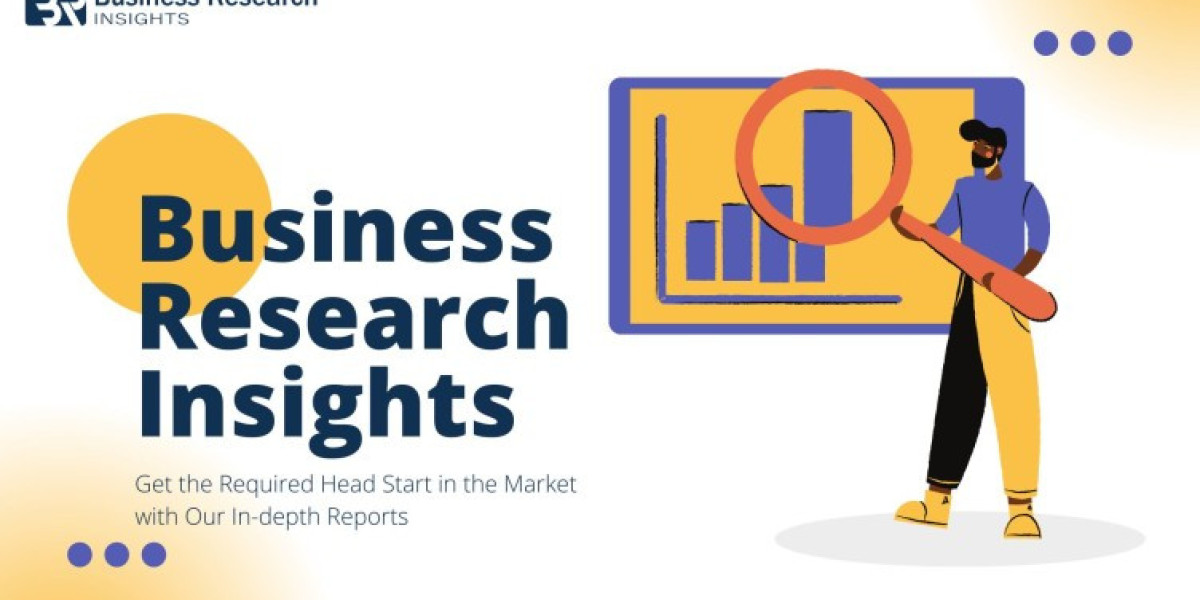The convergence of Internet of Things (IoT) and blockchain technology is revolutionizing industries across the globe. Both technologies have seen exponential growth, but together, they have the potential to address some of the most pressing challenges in the digital world, particularly in areas such as data security, transparency, and automation. Custom blockchain app development is playing a significant role in the evolution of IoT applications, allowing businesses to build decentralized solutions that are more secure, efficient, and scalable. By integrating blockchain into IoT ecosystems, developers are not only enhancing the functionality of smart devices but also laying the foundation for a more secure and autonomous future.
As the IoT ecosystem grows, more and more smart devices are being connected to the internet. These devices range from everyday household products like refrigerators and thermostats to critical industrial machinery and healthcare equipment. As the number of devices increases, the volume of data generated and exchanged also grows. Without proper security measures, this data can be vulnerable to hacking, fraud, and tampering. Blockchain technology, with its decentralized, immutable nature, provides a powerful solution to these issues. By integrating blockchain with IoT, businesses can develop custom blockchain applications that ensure secure and transparent data exchange between smart devices, creating a trustless environment where transactions and interactions are tamper-proof.
How Blockchain Enhances IoT Security
One of the main challenges in the IoT ecosystem is ensuring the security of the vast amounts of data being exchanged. IoT devices often rely on centralized systems to store and manage data, making them vulnerable to cyber-attacks and unauthorized access. Blockchain technology mitigates this risk by providing a decentralized infrastructure where data is distributed across a network of nodes. This means that even if one device or server is compromised, the data remains secure because it is replicated and encrypted across multiple locations.
Blockchain also ensures data integrity by creating an immutable record of all transactions and interactions. Each block in the blockchain contains a timestamp, transaction details, and a unique cryptographic hash, making it nearly impossible for hackers to alter the data without detection. This level of security is especially crucial in industries like healthcare, finance, and manufacturing, where the integrity of data is critical for operational success and regulatory compliance.
By using blockchain for IoT, businesses can enhance the overall security posture of their devices and networks, allowing them to build more resilient systems that are less susceptible to cyber threats. Moreover, smart contracts—self-executing contracts stored on the blockchain—can automate various processes within IoT applications, reducing the risk of human error and ensuring that transactions are completed according to pre-defined conditions.
Building Custom Blockchain Apps for Smart Devices
The integration of blockchain with IoT opens up a world of possibilities for custom blockchain apps that can address specific needs across industries. Custom blockchain app development allows businesses to tailor their blockchain solutions to meet the unique requirements of their IoT ecosystem. Whether it’s managing inventory, tracking assets, monitoring healthcare devices, or automating supply chains, custom blockchain applications offer a high level of flexibility and adaptability.
For example, in a smart home ecosystem, blockchain can be used to create a secure, decentralized system that connects various devices like lights, security cameras, and smart thermostats. Each device can securely communicate with others through the blockchain, ensuring that data transmitted between them is encrypted and tamper-proof. Similarly, in the industrial sector, custom blockchain apps can be used to track equipment, monitor performance, and even predict maintenance needs based on data from IoT sensors.
In addition to improving security and transparency, custom blockchain apps for IoT devices can also streamline processes and reduce costs. By eliminating intermediaries and automating transactions through smart contracts, businesses can reduce operational inefficiencies and improve overall system performance. Furthermore, custom apps enable businesses to scale their IoT solutions more effectively, as blockchain’s decentralized nature can accommodate a growing number of devices without compromising security or speed.
How to Estimate the Cost of Custom Blockchain App Development
When considering the development of a custom blockchain app for IoT, it’s important to understand the potential costs involved. Developing a custom blockchain application requires expertise in both blockchain technology and IoT systems, making it a specialized and often complex process. Factors such as the complexity of the IoT ecosystem, the number of devices to be integrated, the level of security required, and the desired functionality of the blockchain app all influence the cost of development.
One useful tool to estimate development costs is a mobile app cost calculator. While primarily designed for mobile apps, many mobile app cost calculators can provide rough estimates for blockchain app development, especially if the app is intended to be used on smartphones or tablets to interact with IoT devices. These calculators take into account various factors like the app's complexity, design requirements, and the platform it will run on (iOS, Android, or others). By providing a detailed breakdown of costs, these tools can help businesses plan their budgets and make informed decisions about their development strategies.
For more complex custom blockchain apps that involve IoT integration, it's essential to collaborate with experienced blockchain developers who can accurately assess the project’s scope and provide a more precise cost estimate. Many blockchain app development agencies offer consultation services to help businesses understand the financial and technical requirements of their projects.
Optimizing Blockchain IoT Applications for Scalability and Efficiency
Another key consideration when developing custom blockchain applications for IoT is scalability. As IoT networks grow and more devices are added, the blockchain infrastructure must be able to handle increased transaction volume without compromising performance. Solutions such as sidechains, sharding, and layer-2 protocols are often implemented to optimize blockchain networks for scalability, ensuring that the system can handle the demands of a growing IoT ecosystem.
In addition to scalability, efficiency is also a critical factor. IoT devices typically have limited processing power and storage capacity, so blockchain apps must be optimized to minimize the computational resources required for transactions. This can be achieved through techniques such as lightweight consensus algorithms and off-chain data storage. By making blockchain apps more efficient, businesses can ensure that their IoT devices run smoothly and deliver real-time results without unnecessary delays or resource consumption.
Final Thoughts
The integration of blockchain and IoT has the potential to transform industries by creating secure, decentralized, and efficient systems for smart devices. By developing custom blockchain applications tailored to specific IoT ecosystems, businesses can unlock new opportunities for automation, transparency, and security. As the IoT landscape continues to expand, the demand for innovative blockchain solutions will only grow.
To navigate the complexities of blockchain App Development Services, it is crucial to work with experienced developers who can help you create tailored solutions that meet your unique needs. With their expertise in both blockchain technology and IoT systems, they can guide you through the entire development process, ensuring that your application is both secure and scalable.















